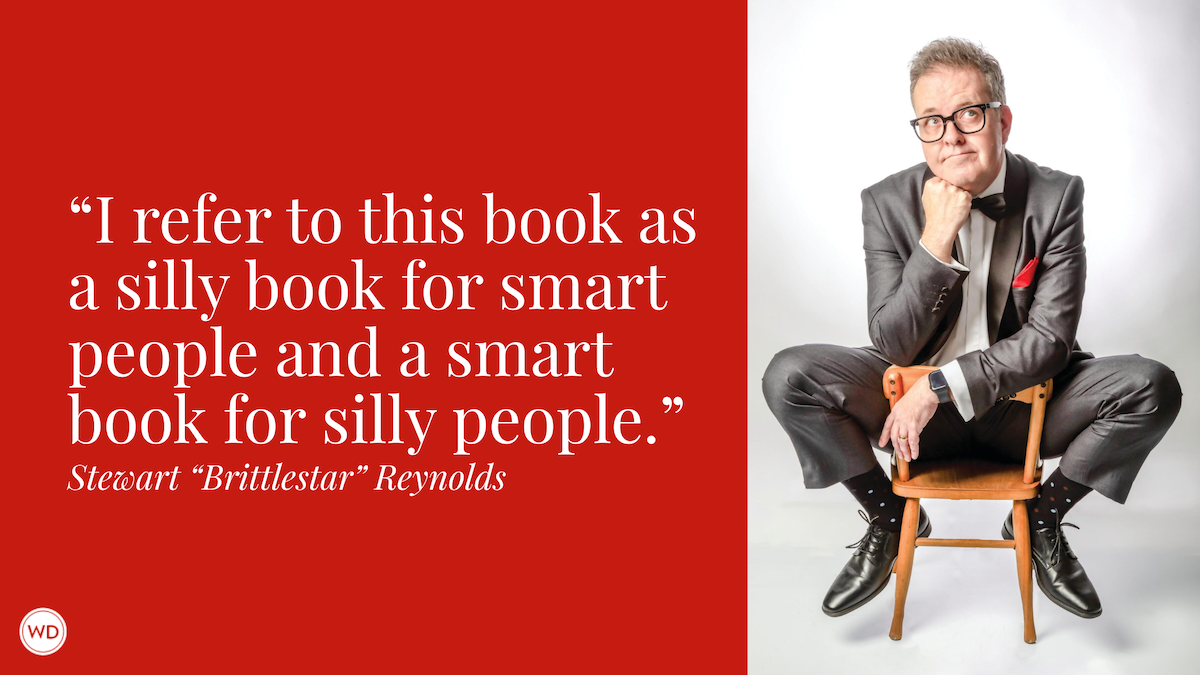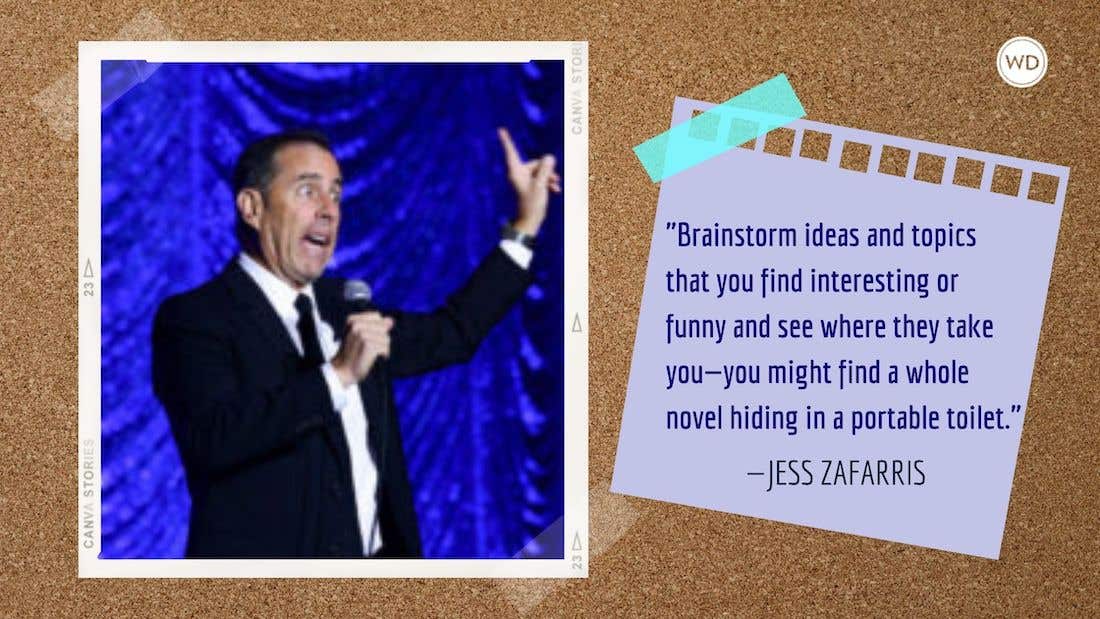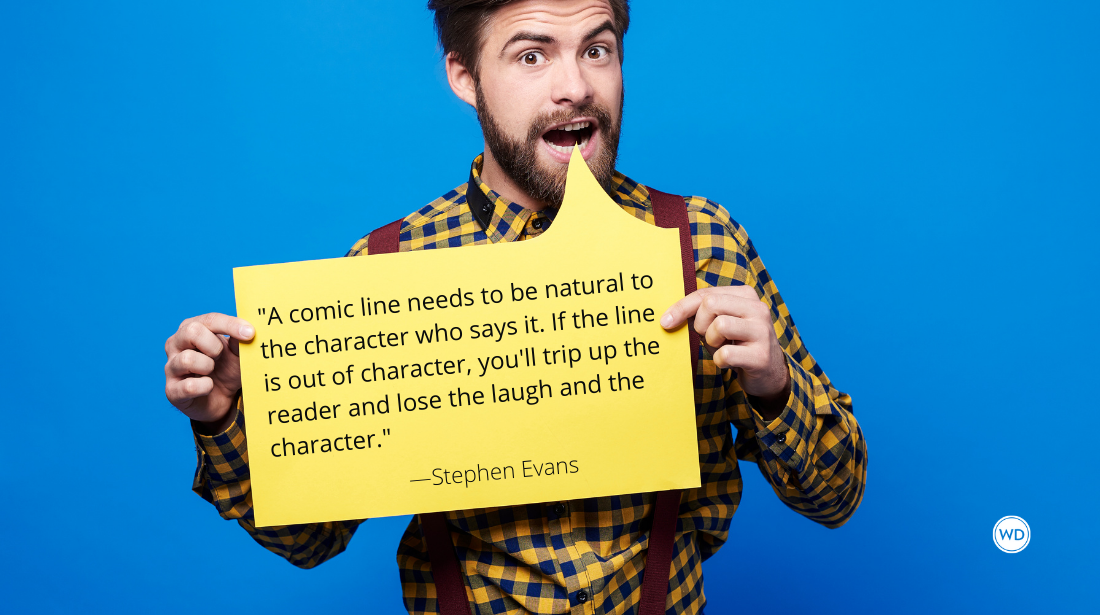This Writer’s Life:No Longer So Awkward
Like most rookie writers, he thought his first attempt at a memoir was a masterpiece. One MFA later, he’s embarrassed to admit he wrote that. by Kevin Alexander
Three years ago, in the pages of this magazine, I wrote about my quest to get a memoir documenting my middle-school years published. The book proposal for the memoir, titled Awkward, was the thesis project for my master’s degree in magazine journalism. To say that, at the age of 22, I thought that Awkward was infinitely salable would be a drastic understatement. I thought the writing was poignant, illuminating and thoughtful. I thought the book proposal’s sarcastic overtones were hilarious. I even thought the font I used was a creative expression of my individualism (after all, who else uses Georgia?). Basically, to steal an expression from the Roaring Twenties, I thought Awkward was the bee’s knees.
I was wrong.
This isn’t to say that I didn’t have some relative success. During the pitching stage, I received many of what optimists in our industry call “good rejections” and even had an agent—the long-forgotten Dutch woman—tentatively accept the responsibility of selling my work pending extensive re-writes as long as they included more positive portrayals of female characters. But after losing myself in the music of magazines and developing a new obsession with pursuing my MFA—leaving Awkward untended for almost half a year—I revisited it for a nonfiction workshop and was, to put it tenderly, horrified.
Nothing that I remembered being good was, in reality, good. The tales of middle-school ballyhoo lacked substance. The characters were cartoonish and ugly, and, frankly, the font felt overdone (circa 2007, who wasn’t writing in Georgia?). The proposal was childish, was unrealistic and didn’t make any sense. I was dumbfounded. What was I thinking when I was 22? Why would I ever try and make this public?
A quick read by my hippie friend and fellow MFA candidate Megann did nothing to assuage my fears. “I mean, I’m sure there’s a place for unfunny misogynistic middle-school lit,” she said, after putting down the manuscript. “Have you considered pitching this in Russia?”
But now, as my novel nears completion, and it’s time to start thinking about getting an agent, I’ve realized that my mistakes of the past three years can be your gains. So sans further ado, here are five mistakes I made, the faulty thinking behind these mistakes and how you can avoid committing these errors. (Unless, of course, you’re looking to break into the Russian YA market.)
1. BOOK PROPOSALS ARE BUSINESS PLANS, NOT POORLY CONCEIVED ARTICLES FOR THE ONION. One of my most essential and embarrassing mistakes was assuming that—because I didn’t have any experience writing book proposals—I should attempt to mock the form. This undermined my work in two ways: 1) Because I wasn’t taking it seriously, why should an agent? and 2) I wasn’t skilled or confident enough to pull it off, and, therefore, it wasn’t funny. Remember that your writing is your art; your proposal is your business. While it’s important for your voice to come out in the proposal, it shouldn’t hijack the central tenets of your plan, especially if said voice has recently lived in a fraternity house.
2. DON’T SEND YOUR QUERIES OUT WHILE YOU’RE STILL WORKING ON WHATEVER IT IS YOU’RE SELLING. This is a particularly frustrating paradox for beginning writers. There’s often a long waiting period before you hear anything, and you’re trying to get work out to as many agents/editors as possible, so you figure: Why not get the ball rolling as early as I can? For Awkward, I began sending out preliminary queries before I’d finished my sample chapters and my outline. While I was pleasantly surprised to find agents willing to look at my work, I ended up forcing endings, rushing chapters and generally producing first-draft-level crap. Unsurprisingly, the agents I sent work to the earliest were also the quickest to reject me. And trust me, these were not “good rejections.”
3. PITCHING TO AGENTS IS (KIND OF) LIKE APPLYING TO COLLEGES. Although I applied to only one college, I did separate schools into three categories: reaches, 50/50s and safeties. Of course, there’s no such thing as a “safety” agent, but following that idea is a good way to stay in control of the process. The first time around I made the mistake of doing a mass agent mailing and then, when I began receiving requests for exclusive looks at the manuscript, I didn’t know which agent to pursue. Before you send your work out, divide agents into groups, judging each by how much you’d like them to represent you, the size of their agency, experience in the field, etc. This will force you to do your due diligence researching agents who could be right for your book. It could also make up for that disappointment you felt when you got waitlisted at Michigan State University.
4. LET YOUR MANUSCRIPT BREATHE. When you complete your work a loud, internal, celebratory voice will be begging you to ship your work out as soon as possible. There might even be external voices—like a significant other or co-worker or particularly opinionated mailman—who will also voice this opinion. Don’t listen to them. Put your manuscript in an envelope, slide the envelope into the trunk in your closet with your winter sweaters (and seasons one, two and three of “Gilmore Girls”) and keep it in there no fewer than three weeks. When you get it back out, re-read. Make necessary adjustments.
5. BE REAL WITH WHAT YOU WRITE. IT SEEMS LIKE AN EMPTY CLICHÉ, BUT IT’S DAMN TRUE. I made several considerable errors in my first attempt to publish, but none was bigger than assuming to know what other people wanted to hear and trying to write that way. In reality, I wasn’t mature enough or removed enough to face the painful honesty that a memoir entails. Instead, I produced generic stories of self-deprecation and lightly glazed tales of middle-school mischief. But these were safe, standard and utterly uninteresting. So ask yourself: Is this my best work? Is this really what I want to say? Because, at the end of the day, after representation and publication and all the other “–tion” nouns go home, you’re the only one who has to stand by that work for the long haul. So just make sure you’re willing to take it on that trip. Otherwise it might end up Awkward. And no one wants that.
Read more of Kevin Alexander's writing adventures on his This Writer's Life blog.









